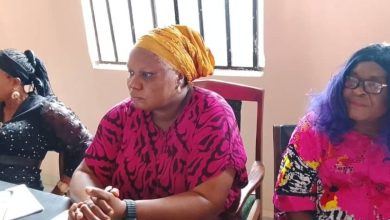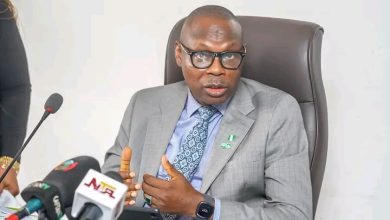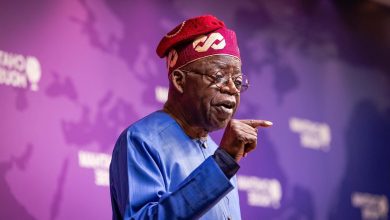Nigerians Advised to Purchase Medicines Only from Authorized Outlets Over Safety Risks
Nigerians have been strongly advised to buy medicines only from certified and approved sources as concerns over counterfeit drugs intensify.
Experts at the PWDAN Annual Conference warned that fake and substandard drugs are endangering lives, calling for stronger collaboration across the pharmaceutical supply chain to ensure medicine security.
The Chairman of the Pharmaceutical Wholesalers and Distributors Association of Nigeria (PWDAN), Pharmacist Ogheneochuko Omaruaye Hastings, has advised Nigerians to purchase medications strictly from certified outlets to curb the circulation of fake and substandard drugs, which have been linked to preventable deaths and serious health complications.
He made this appeal while speaking at the association’s Annual Conference and Exhibition in Lagos, themed “Bridging Gaps: Integrating Pharma Wholesalers and Distributors for Medicine Security in Nigeria.” Hastings noted that recent closures of informal drug markets have disrupted medicine access but also revealed structural weaknesses in Nigeria’s pharmaceutical distribution system.
“The shutdown of these markets, although disruptive, is a wake-up call,” Hastings said. “Ensuring medicine security shouldn’t rest solely on the government, it demands a unified effort from manufacturers, regulators, wholesalers, distributors, and retailers.”
He emphasized the importance of working collectively through PWDAN to build a stronger, safer medicine distribution network, encouraging proactive dialogue and strategic collaboration to close existing supply chain gaps.
Pharm. Afon Adebayo, who chaired the conference planning committee, reiterated the association’s commitment to making quality, safe medicines accessible to every Nigerian. He affirmed that PWDAN remains focused on ensuring medicine security through responsible distribution practices.
Also addressing attendees, the Chairman of the occasion, Dr. Fidelis Ayebae, emphasized the need to prioritize locally produced drugs. He proposed a cooperative model to help small-scale distributors access funding for medicine procurement, citing limited capital as a barrier for many operators.
Delivering a goodwill message on behalf of the National Agency for Food and Drug Administration and Control (NAFDAC), Dr. Regina Garba, who represented Director-General Prof. Mojisola Adeyeye, praised the conference theme as both relevant and urgent. She underlined the role of trust, collaboration, and accountability in achieving a secure pharmaceutical system.
Similarly, the Registrar of the Pharmacists Council of Nigeria (PCN), Pharm. Ibrahim Babashehu Ahmed, highlighted the life-saving nature of medicines. He stressed the need for a clear national framework that guarantees medicine safety, warning that improper drug handling could endanger public health and diminish confidence in the healthcare sector.
Pharm. Dennis Aizobu, speaking on behalf of Dr. Omokhudu Idogho, Managing Director of the Society for Family Health, praised NAFDAC’s recent enforcement actions and urged greater stakeholder collaboration to strengthen drug safety.
A panel discussion during the conference brought several critical issues to light, such as the lack of infrastructure, inconsistent drug distribution, regulatory weaknesses, poor communication between wholesalers and retailers, and underuse of technology in the sector. The panel recommended greater investment in local pharmaceutical production, better coordination, stricter compliance with regulations, and expanding the number of licensed professionals overseeing drug distribution.
The conference concluded with a strong message: medicine security is not optional, it is essential. And it will require sustained collaboration, innovation, and policy reforms to ensure that safe, quality-assured medicines reach every corner of Nigeria.



